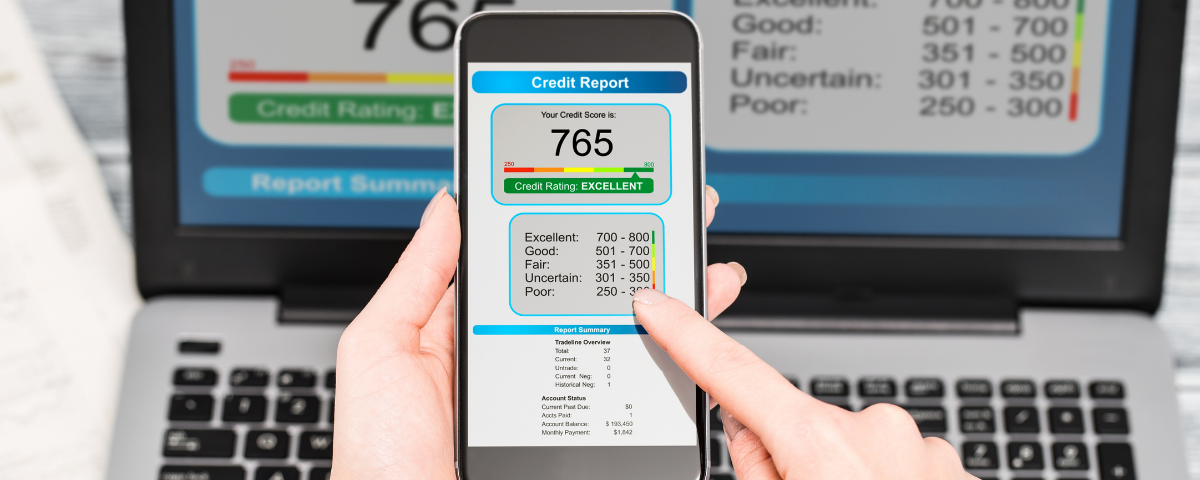Having a good credit score can make all the difference in the world. Having a bad credit score can make everything in the world seem worse. Having a good credit score means you can borrow money at lower interest rates, or, if you want, you can borrow money to build an asset you may not even want for some time. Having a poor credit score means people want to charge on more expensive loans, or you’ll have to pay much more to build an asset. Having a good credit score means you can borrow money to buy a home, or to buy a car, or even to buy a car or a home, or a boat, or whatever you like. Having a poor credit score means you can’t get credit for anything at all.
It can be hard to understand why you need a credit report. You may think you don’t need one or think you need one, but you don’t understand why. Credit reports contain important information that tells you about your credit history and credit. This is information your lender will use to make decisions about whether to approve or reject your loan application and other applications you may make in the future. However, sometimes false credit reporting can happen and people who are going through something like that will want to get this rectified as soon as possible through a credit report lawyer that can help them get back to a credit report that truly reflects them and their history.
Good credit is essential to many aspects of your life, from getting a loan to paying for groceries. However, as with any other aspect of your personal finances, your credit rating can be ruined easily if you don’t keep it on track. Here are some key reasons why you should get a credit report:
- You’ll have a Better Terms and Availability on Loan Products
Your credit score is more crucial than you might think. When you apply for a loan, the bank or lender conducts a credit check. Approval for credit is granted if you have a good credit score, and you’re expected to repay the loan in full. Failing to repay the loan in full can lead to future credit denial. Thus, maintaining a good credit score is essential. To build a positive score, ensure timely payments and avoid missing any. Additionally, prioritize paying down existing loans before considering new ones. However, it is worth noting that if you’re in need of small loans for bad credit, there are still lenders who may be willing to provide options, such as spot loans.
- To have access to the Best Credit Cards
Credit cards are often the most important financial tool you’ll ever have. They can help you build a credit history that increases your ability to obtain loans in the future. They can also help you build a financial safety net so that you have money to rely on in the event of an emergency. If you’re planning to apply for a credit card, it’s a good idea to know what kinds of credit reports you should be looking at before going about your application process.
- To have Significant Savings on Interest Rates on Big-Ticket Loans
Credit scores are important, as they can have a significant impact on whether or not you are approved for a loan or if you are approved for the lowest interest rate. But you may not have realized that just the amount of debt you have affects your credit score and that the same loan can have different ratings based on the amount of debt.
Interest rates are rising, yet you are still paying more for your loans than ever before. Where is this money going? Banks know they can charge more for loans (and make more money) by increasing the interest rates on existing loans. But the instant your credit card or mortgage is tapped and you are paying high-interest rates, you have a problem. Interest-rate increases can be hard to avoid, but they can be easily avoided with the help of a credit report.
Credit reports are an important part of your financial life, and they help you make better financial decisions. Credit reports are important because they contain critical information like your credit score, your payment history, your debts, and more. Having a copy of your credit report is important because it lets you know about your credit history. And having a credit report may be useful if you want to apply for a loan or build up an emergency savings fund. But that’s not the only reason for a credit report.



